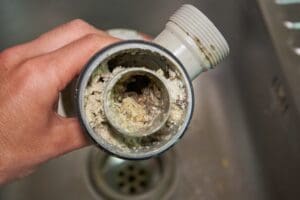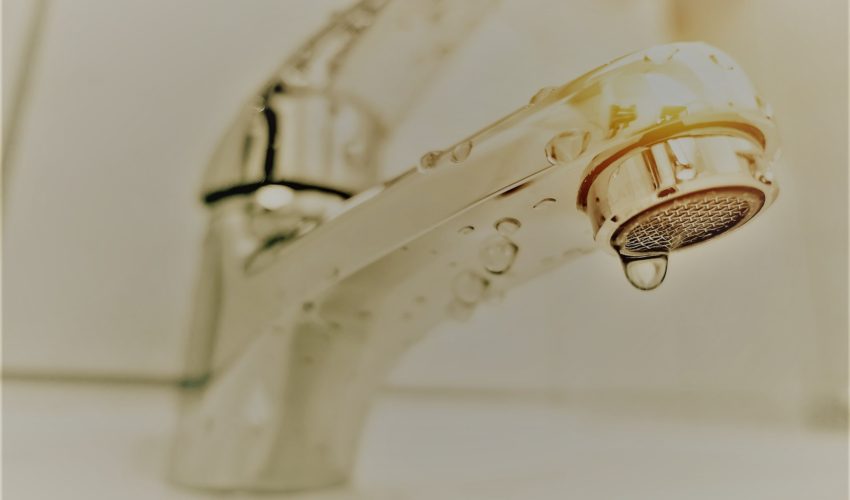Our Thorough Advice to Addressing Low Water Pressure in Your Home
Our Thorough Advice to Addressing Low Water Pressure in Your Home
Blog Article
Were you searching for selective information about Low Water Pressure in the House??

Low tide pressure in your house can be an irritating trouble, affecting whatever from bathing to cleaning dishes. If you're experiencing weak water circulation, there are a number of feasible causes and services to check out. In this guide, we'll talk about common factors for low tide stress and sensible steps to attend to the issue properly.
Intro to Low Water Pressure
Low water pressure occurs when the flow of water from your taps, showers, and other fixtures is weaker than usual. This can make daily jobs much more difficult and much less effective. Understanding the root causes of low tide pressure is critical to finding the ideal option.
Common Reasons For Low Water Stress
Faulty Pressure Regulatory Authorities
Pressure regulators are responsible for maintaining consistent water stress in your home. If they malfunction, it can result in low water pressure or irregular circulation throughout your home.
Municipal Water System Issues
Occasionally, the problem lies outside your home. Metropolitan water supply problems, such as main line leaks or maintenance job, can momentarily reduce water stress in your area.
Pipe Obstructions
Over time, pipelines can become blocked with mineral deposits, debris, or particles, restricting the flow of water. This is an usual problem in older homes with galvanized steel pipelines.
Deterioration
Corrosion within pipes can cause leakages and decreased water pressure. Rust accumulation can restrict water flow, especially in maturing plumbing systems.
Just How to Diagnose Low Tide Stress
Checking Pipelines
Inspect visible pipes for indications of leaks, rust, or blockages. Take notice of any unusual noises, such as banging or rattling pipes, which might show concerns within the plumbing system.
Consulting with a Plumber
If you're not able to determine the source of low water stress, take into consideration hiring an expert plumber to perform a detailed assessment. They can determine underlying concerns and recommend suitable services.
Inspecting Faucets and Components
Start by evaluating the water stress at different taps and components throughout your home. If the problem is separated to particular locations, it might indicate localized troubles.
DIY Solutions to Deal With Low Water Stress
Flushing Water Heater
Sediment buildup in the hot water heater can restrict circulation and lower performance. Flushing the container regularly assists get rid of debris and keep ideal performance.
Examining Pressure Regulator
Ensure that the pressure regulatory authority is working appropriately. Readjusting or replacing the regulator can assist bring back correct water stress throughout your home.
Cleansing Aerators and Showerheads
Natural resources can gather in aerators and showerheads, decreasing water circulation. Eliminate and cleanse these components on a regular basis to enhance water pressure.
Cleaning Clogs in Water Lines
For small obstructions, attempt utilizing a plumbing snake or chemical drainpipe cleaner to clear blockages in pipelines. Beware when utilizing chemicals and comply with security standards.
When to Call an Expert Plumber
If do it yourself initiatives fail to fix the issue or if you presume significant plumbing issues, it's finest to seek help from a certified plumber. They have the expertise and devices to deal with intricate problems securely and successfully.
Safety Nets to Maintain Water Stress
Setting Up a Pressure Booster
Consider mounting a stress booster pump to enhance water stress in areas with consistently reduced flow. This can be particularly helpful for multi-story homes or buildings with high-demand fixtures.
Tracking Water Use
Bear in mind water usage habits and prevent ill-using the plumbing system. Simple modifications, such as staggering showers and laundry loads, can assist preserve adequate water pressure.
Normal Maintenance
Schedule regular upkeep for your plumbing system to prevent issues such as corrosion, leaks, and blockages. Dealing with minor problems early can aid prevent even more considerable repair work in the future.
Verdict
Dealing with low water pressure can be discouraging, but recognizing the underlying causes and implementing ideal remedies can restore optimal flow throughout your home. Whether it's cleaning up aerators, inspecting pipes, or consulting with a plumber, taking positive steps can make certain a stable supply of water for your everyday demands.
FOUR WAYS TO FIX LOW WATER PRESSURE NOW
Turning on a shower or faucet only to find the water comes out in a sad, slow drizzle is never a good feeling. How exactly are you supposed to wash a pan or take a quick shower when it takes 10 minutes just to rinse off a little soap? The good news is that when your water pressure is bad, there's always a cause: typically one that can be easily fixed. Here are some of the most common causes of low pressure and what you can do to fix the issue:
DEBRIS AND MINERAL DEPOSIT BUILDUPS
If you notice low water pressure from just one or two of the fixtures in your house, the problem likely has to do with debris buildup. Water is full of minerals and other debris, all of which can accumulate in your pipes and on your fixtures. This can cause a blockage that affects how much water flows through. To fix this, try filling a small plastic bag with white vinegar, and use a rubber band to hang it around your showerhead or faucet. Let the head of the fixture soak for a few hours, and the vinegar should loosen the deposits.
WATER LEAKS
Leaks are another common cause of low water pressure. If water is flowing out of your plumbing through a hole or crack before it can reach your fixture, the pressure coming out of the faucet or showerhead will be lower. A plumbing professional is your best bet for finding and repairing a leak in your water supply pipes.
Leaks are another common cause of low water pressure. If water is flowing out of your plumbing through a hole or crack before it can reach your fixture, the pressure coming out of the faucet or showerhead will be lower. A plumbing professional is your best bet for finding and repairing a leak in your water supply pipes.
A VALVE ISSUE
If you have low water pressure throughout your home, check your main shut-off valve to make sure it's completely open. You may also want to see if there's a pressure-reducing valve installed. If there is, have a plumber help you adjust the settings to get the pressure you're looking for.
OTHERS USING WATER
Believe it or not, your low water pressure could be caused by your neighbors. If you notice low pressure at certain times of day, it may be because you and the people living next to you have similar schedules - when everyone is showering at the same time, the pressure will be lower in every home. Low pressure throughout the neighborhood may also be caused by an issue with your municipal water supply. If that's the case, call the supplier to see if they're working on the issue.
https://www.rotorooter.com/blog/water-leaking/low-water-pressure-fixes/

Hopefully you enjoyed reading our section about 9 Reasons for Low Water Pressure in Your House. Thanks for spending some time to read through our blog post. Appreciated our blog posting? Please quickly share it. Let others discover it. We cherish reading our article about 10 Reasons for Low Water Pressure in Your House.
Request An Estimate Report this page